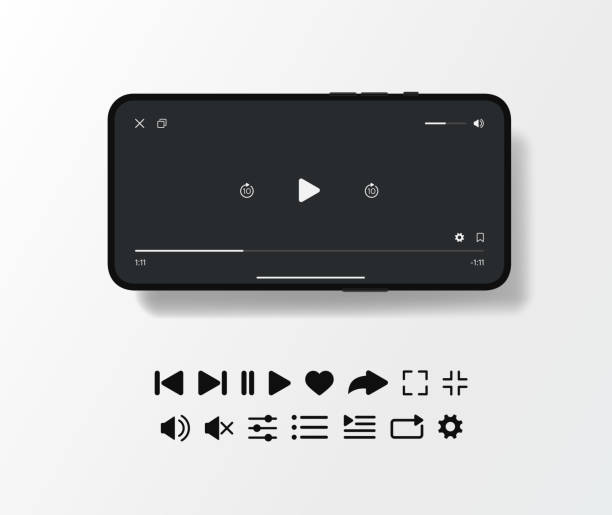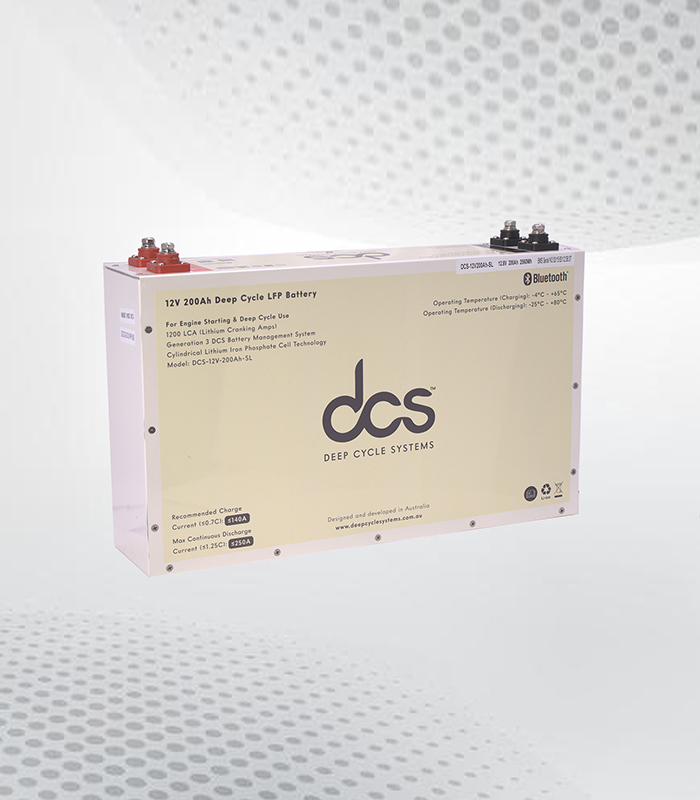In the world of welding, one of the most crucial components is the welding electrode. These small but mighty tools play a significant role in the welding process, as they are responsible for conducting the electric current necessary to create the weld. There are various types of welding electrodes available, each with its own unique properties and uses. In this blog, we will explore four of the most common types of welding electrodes, providing a comprehensive guide to their characteristics and applications.
1. Rutile Electrodes:
Rutile electrodes, also known as “E6013” electrodes, are one of the most widely used types of welding electrodes. These electrodes are characterized by a flux coating that contains a high percentage of rutile, a naturally occurring mineral. Rutile electrodes are known for their ease of use and versatility, making them suitable for both novice and experienced welders.
One of the key advantages of rutile electrodes is their smooth and stable arc, which results in a clean and consistent weld bead. This makes them ideal for welding thin metal sheets and plates, as well as for general-purpose welding tasks. Rutile electrodes also produce minimal spatter and slag, making them a popular choice for overhead and vertical welding applications.
2. Cellulose Electrodes:
Cellulose electrodes, also known as “E6010” electrodes, are another common type of welding electrode. These electrodes are characterized by a flux coating that contains cellulose, a natural polymer derived from plant fibers. Cellulose electrodes are highly versatile and well-suited for welding applications that require deep penetration and high deposition rates.
One of the main advantages of cellulose electrodes is their ability to create strong and deep welds, making them ideal for welding thick metal plates and pipes. Cellulose electrodes also produce a fast-freezing slag, which helps to prevent weld defects such as undercut and slag inclusions. However, cellulose electrodes can be more challenging to use compared to other types of electrodes, requiring a higher level of skill and technique.
3. Basic Electrodes:
Basic electrodes, also known as “E7018” electrodes, are a popular choice for welding applications that require high strength and crack resistance. These electrodes are characterized by a flux coating that contains a high percentage of basic compounds, such as calcium carbonate and calcium fluoride. Basic electrodes are known for their low hydrogen content, which helps to prevent weld defects such as hydrogen cracking.
One of the key advantages of basic electrodes is their excellent mechanical properties, including high tensile strength and impact toughness. This makes them well-suited for welding high-stress applications, such as structural steel fabrication and heavy machinery repair. Basic electrodes also produce a smooth and clean weld bead, with minimal spatter and slag formation.
4. Stainless Steel Electrodes:
Stainless steel electrodes are specifically designed for welding stainless steel materials, such as 304 and 316 grades. These electrodes are characterized by a flux coating that contains chromium and nickel compounds, which help to enhance the corrosion resistance of the weld. Stainless steel electrodes are suitable for welding both austenitic and ferritic stainless steels, providing strong and durable welds.
One of the main advantages of stainless steel electrodes is their ability to produce clean and smooth weld beads with excellent corrosion resistance. These electrodes are commonly used in industries such as food processing, chemical processing, and pharmaceutical manufacturing, where weld quality and hygiene are essential. Stainless steel electrodes are available in various types, including rutile, basic, and low-hydrogen formulations, to suit different welding requirements.
Conclusion
In conclusion, welding electrodes play a crucial role in the welding process, determining the quality and integrity of the weld. By understanding the characteristics and applications of different types of welding electrodes, welders can choose the most suitable electrode for their specific welding needs. Whether you are a novice welder looking to improve your skills or an experienced professional seeking new challenges, exploring the world of welding electrodes can open up a world of possibilities for your welding projects.
Read More(Click Here)




